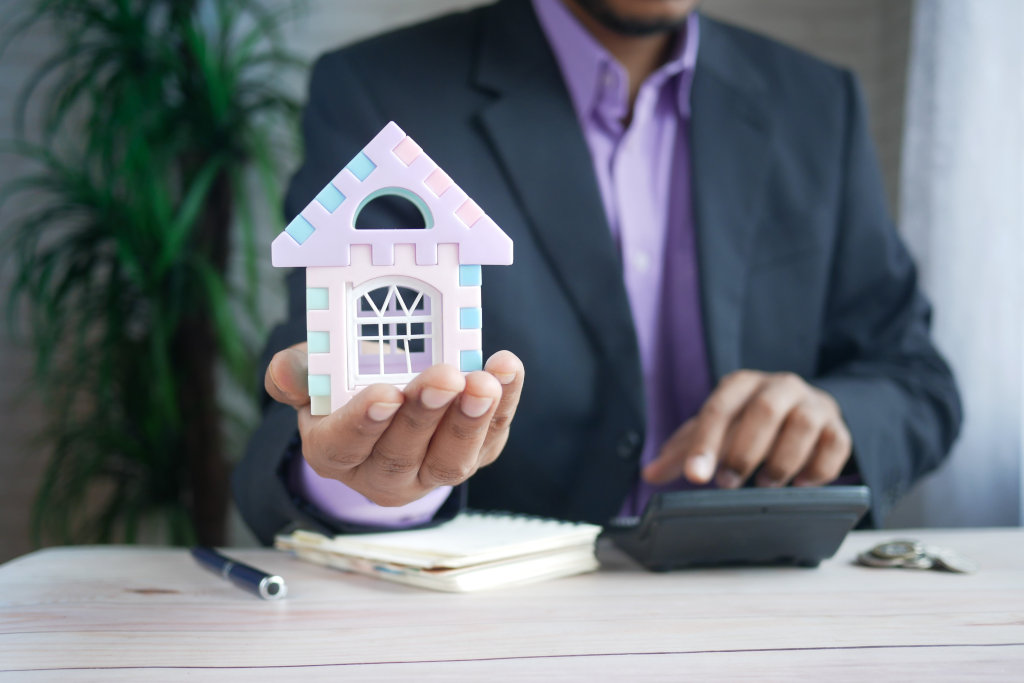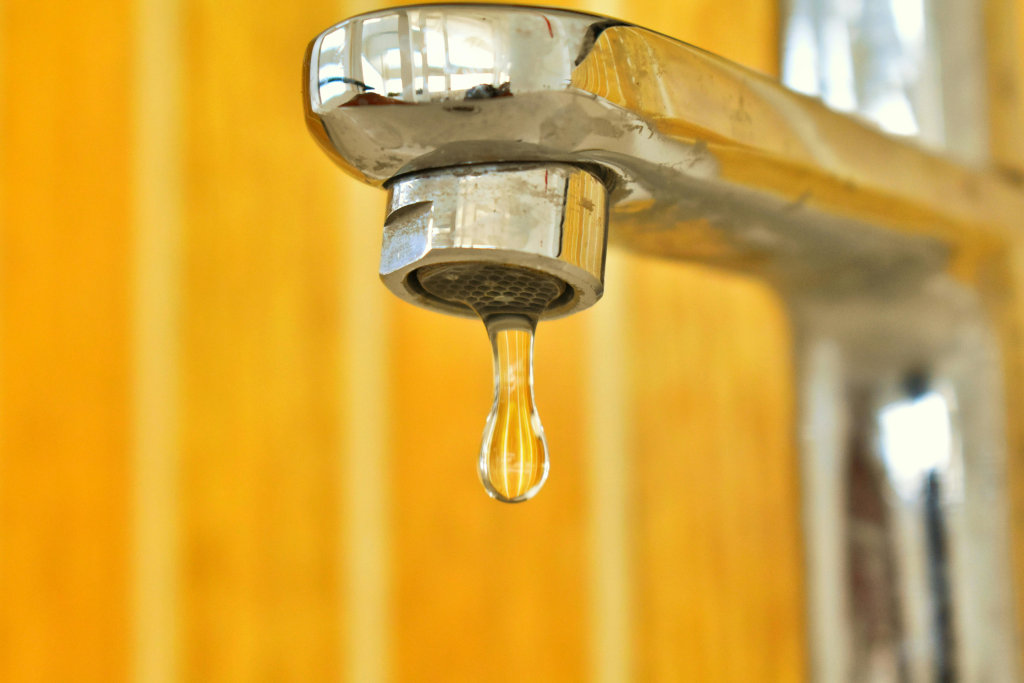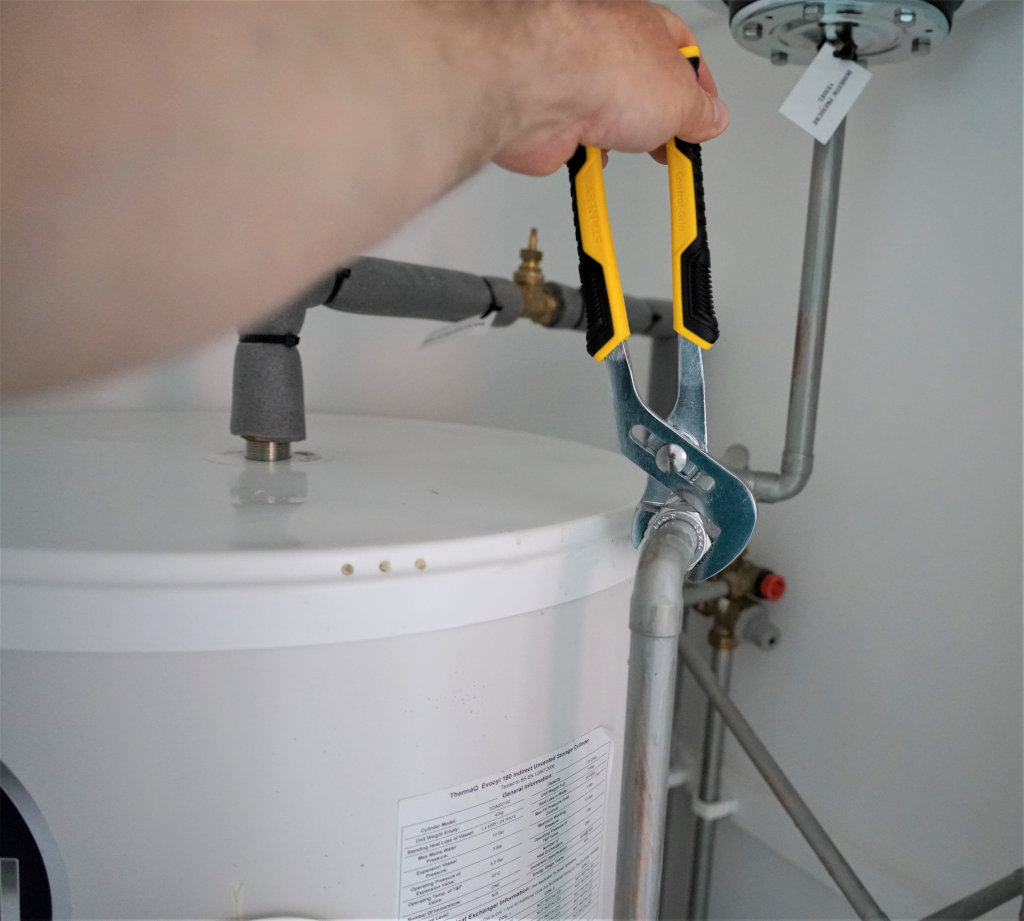Land banking, a strategic investment practice gaining popularity in real estate, involves acquiring undeveloped land for future use or resale. In this comprehensive guide, we’ll navigate through the intricate process of land banking, providing valuable insights and step-by-step instructions for individuals looking to venture into this promising investment strategy.
Step-by-Step Guide to Land Banking
Introduction
Land banking is a proactive investment approach where individuals purchase parcels of undeveloped land with the anticipation of future appreciation. It’s a long-term strategy that requires careful consideration and planning. For those unfamiliar with the concept, land banking can be a powerful tool in diversifying investment portfolios.
Benefits of Land Banking
Potential for Capital Appreciation
One of the primary attractions of land banking is the potential for significant capital appreciation over time. Unlike developed properties that may face depreciation, well-selected land in growing areas tends to increase in value as demand for space rises.
Land has historically exhibited a tendency to appreciate in value over time, driven by population growth, urbanization, and economic development. Investing in undeveloped land can potentially capitalize on this long-term appreciation trend.
Mitigating Risks in the Real Estate Market
Land banking serves as a buffer against the volatility of the real estate market. While property values may fluctuate, strategically chosen land has the potential to appreciate steadily, providing a stable long-term investment.
Land banking can provide diversification within a real estate investment portfolio, as its performance is not directly correlated with the fluctuations of other asset classes.
Inflation Hedge
Land is often considered a hedge against inflation, as its value tends to rise with the overall cost of living. Holding land as an investment can help protect purchasing power over time.
Passive Income Potential
Once the land is developed or sold, it can generate passive income for the investor in the form of rent, royalties, or lump sum proceed

Selecting the Right Location
Researching Growth Potential
Identifying regions with anticipated growth is crucial for successful land banking. Thorough research into economic indicators, population trends, and local development plans is essential.
Analyzing Local Market Trends
Understanding current and future market trends in the chosen location helps in making informed decisions. Analyzing factors such as demand, supply, and pricing dynamics is key to successful land banking.
Considering Infrastructure Development
Areas undergoing infrastructure development often present lucrative opportunities for land banking. Proximity to transportation hubs, educational institutions, and commercial centers can significantly impact the land’s future value.
Legal Considerations
Understanding Zoning Laws
Navigating zoning laws is fundamental to land banking. Investors must be aware of the permissible uses for the land and any potential changes in zoning regulations.
Checking Land Use Restrictions
In addition to zoning, land use restrictions can impact the development potential of the acquired land. A thorough understanding of these restrictions is crucial for effective land banking.
Securing Necessary Permits
Ensuring compliance with local regulations requires obtaining the necessary permits. This includes approvals for land development and adherence to environmental standards.
Exit Strategies for Land Banking
Land bankers have several exit strategies to realize the value of their investment:
Selling the Land to Developers or Investors
Once the land’s value has appreciated significantly, land bankers can sell it to developers or other investors who intend to develop it. This strategy can generate substantial profits if the land has experienced significant appreciation.
Subdividing and Selling Smaller Parcels
Land bankers can subdivide the land into smaller parcels and sell them to individual buyers or smaller developers. This strategy can provide more flexibility and potentially generate higher overall returns.
Leasing the Land for Temporary Use
Land bankers can lease the land for temporary use, such as agricultural purposes or non-permanent structures. This strategy can generate income while the land bankers wait for its value to appreciate.
Financial Planning for Land Banking
Setting a Budget
Establishing a realistic budget is the foundation of successful land banking. It involves considering the initial land acquisition costs, development expenses, and holding costs.
Evaluating Financing Options
Investors should explore various financing options to determine the most suitable for their land banking venture. This may include traditional loans, private financing, or partnerships.
Projecting Long-Term Costs
Anticipating long-term costs is essential for financial planning. This includes holding costs, property taxes, and any potential development expenses that may arise over time.
Steps in Acquiring Land
Identifying Suitable Parcels
Careful consideration of the type and location of the land is crucial. Investors should focus on parcels with growth potential and align with their overall investment goals.
Investors should conduct extensive research to understand the surrounding area, demographic trends, and infrastructure development plans. They should also consult with local real estate experts to gain insights into market conditions and zoning regulations.
Negotiating with Landowners
Successful land banking often involves skillful negotiation with landowners. Establishing favorable terms for the acquisition is a critical aspect of the process.
Approaching Landowners and Establishing Negotiation Strategy
Investors should approach landowners with a clear understanding of the land’s potential value and their development plans. They should also be prepared to negotiate flexibly to reach a mutually beneficial agreement.
Conducting Title Search and Property Inspection
Before closing the deal, it is essential to conduct a thorough title search to ensure there are no encumbrances or liens on the property. Additionally, a property inspection should be conducted to identify any potential environmental or structural issues.
Securing Financing and Closing the Deal
Land banking often requires substantial upfront capital, and investors may need to secure financing to complete the purchase. Once the financing is in place, the parties can move forward with closing the deal and transferring ownership of the land.
Conducting Due Diligence
Thorough due diligence is imperative before finalizing any land purchase. This includes surveys, environmental assessments, and title searches to uncover any potential issues.
Professional Assistance
Working with Real Estate Experts
Engaging the services of experienced real estate professionals can provide valuable insights. Real estate agents, appraisers, and consultants can contribute to informed decision-making.
Seeking Legal Advice
Given the legal complexities of land acquisition and development, seeking legal advice is essential. Legal experts can navigate through the intricacies of zoning laws and land use restrictions.
Collaborating with Financial Consultants
Financial consultants can assist in developing a sound financial strategy for land banking. They can provide insights into financing options and long-term financial planning.
Managing and Developing the Land
Creating a Development Plan
Having a clear development plan is essential for maximizing the land’s potential. This includes considerations for residential, commercial, or mixed-use development.
Implementing Sustainable Practices
Incorporating sustainable practices not only aligns with environmental consciousness but can also enhance the land’s overall value. Investors should explore eco-friendly development options.
Monitoring Market Trends for Optimal Timing
Staying attuned to market trends helps in determining the optimal timing for land development or resale. Flexibility in adapting to market dynamics is key to success.
Risks and Challenges
Market Fluctuations
Land values can be subject to market fluctuations. Understanding the factors influencing these fluctuations is crucial for risk management.
Environmental Concerns
Environmental issues, such as contamination or ecological restrictions, can impact land usability. Conducting thorough environmental assessments is vital.
Regulatory Changes
Changes in zoning laws or land use regulations can pose challenges to land banking. Staying informed about potential regulatory shifts is essential.
Myths and Misconceptions
Addressing Common Misconceptions About Land Banking
Dispelling myths and clarifying misconceptions is vital. Common misunderstandings about land banking can deter potential investors from exploring this lucrative strategy.
Land Banking Yields Quick Returns
One of the prevalent misconceptions is that land banking generates quick returns similar to flipping properties or short-term investments. In reality, land banking is a patient and long-term strategy. Investors must be prepared to hold the land for an extended period, sometimes years, waiting for the right conditions for development and appreciation.
Guaranteed Profit
While land banking has the potential for profit, there are no guarantees. The success of the investment depends on various factors such as location, market conditions, and the overall economic environment. Investors must conduct thorough research and due diligence to mitigate risks and make informed decisions.
Land Banking is Speculative and Risky
Some perceive land banking as a speculative and risky venture akin to gambling. While all investments carry inherent risks, land banking, when done strategically, aims to mitigate certain risks associated with immediate development. Patiently waiting for the right market conditions and development opportunities can contribute to a more stable investment.
No Involvement in the Local Community
Another misconception is that land banking involves passive investment without contributing to the local community. In reality, both private investors and local governments engaging in land banking can significantly impact communities. Well-planned land banking can lead to thoughtful urban development, green spaces, and infrastructure improvements.
Land Banking is Only for Large Investors
Some believe that land banking is exclusively for large-scale investors or corporations. While institutional investors may engage in land banking, it is not limited to them. Individual investors can also participate, provided they conduct thorough research, understand local regulations, and have a long-term investment horizon.
Land Banking Always Requires Huge Capital
Contrary to the belief that land banking demands massive capital, there are opportunities for investors with varying budgets. The key is to identify strategically located parcels within the investor’s financial reach. Additionally, some investors participate in land banking through collective investment vehicles, such as real estate investment trusts (REITs).
Land Banking Involves Neglecting the Land
Some assume that land banking means leaving the acquired land untouched and neglected. In reality, responsible land banking involves maintaining the land, adhering to any necessary maintenance or environmental regulations, and ensuring that the property is well-positioned for future development.
Land Banking Always Requires Development
Another misconception is that land banking mandates eventual development. In truth, the decision to develop the land rests with the investor or governing body. Holding land can provide flexibility, allowing stakeholders to respond to changing market conditions or community needs.
Providing Clarity on Potential Challenges
Transparent communication about potential challenges fosters realistic expectations. Investors should be aware of the complexities involved in land banking.
Future Trends in Land Banking
Technological Advancements in Land Management
Technological innovations in land management are shaping the future of land banking. Investors should stay abreast of these advancements for a competitive edge.
Evolving Market Dynamics
The real estate landscape is dynamic, with constant changes in market dynamics. Being aware of evolving trends is crucial for adapting land banking strategies.
Conclusion
In conclusion, land banking is a strategic and potentially lucrative investment option. By carefully selecting the right location, navigating legal considerations, and implementing a sound financial plan, investors can unlock the full potential of land banking. A comparative analysis with other investments further underscore the value of this approach.
FAQs
- Is land banking suitable for all investors?
- Land banking can be suitable for investors seeking long-term, stable returns. However, individual preferences and risk tolerance should be considered.
- How long should one hold land before selling or developing it?
- The ideal holding period varies based on market conditions and the investor’s goals. Patience is often a key factor in maximizing returns.
- What are the tax advantages associated with land banking?
- Tax advantages may include deductions on property taxes and potential capital gains tax benefits. Consultation with a tax professional is advisable.
- Can land banking be done on a smaller scale for individual investors?
- Yes, individual investors can engage in land banking on a smaller scale. The key is thorough research and strategic decision-making.
- Are there risks specific to land banking that investors should be aware of?
- Yes, risks include market fluctuations, environmental concerns, and regulatory changes. Understanding and mitigating these risks are crucial.





